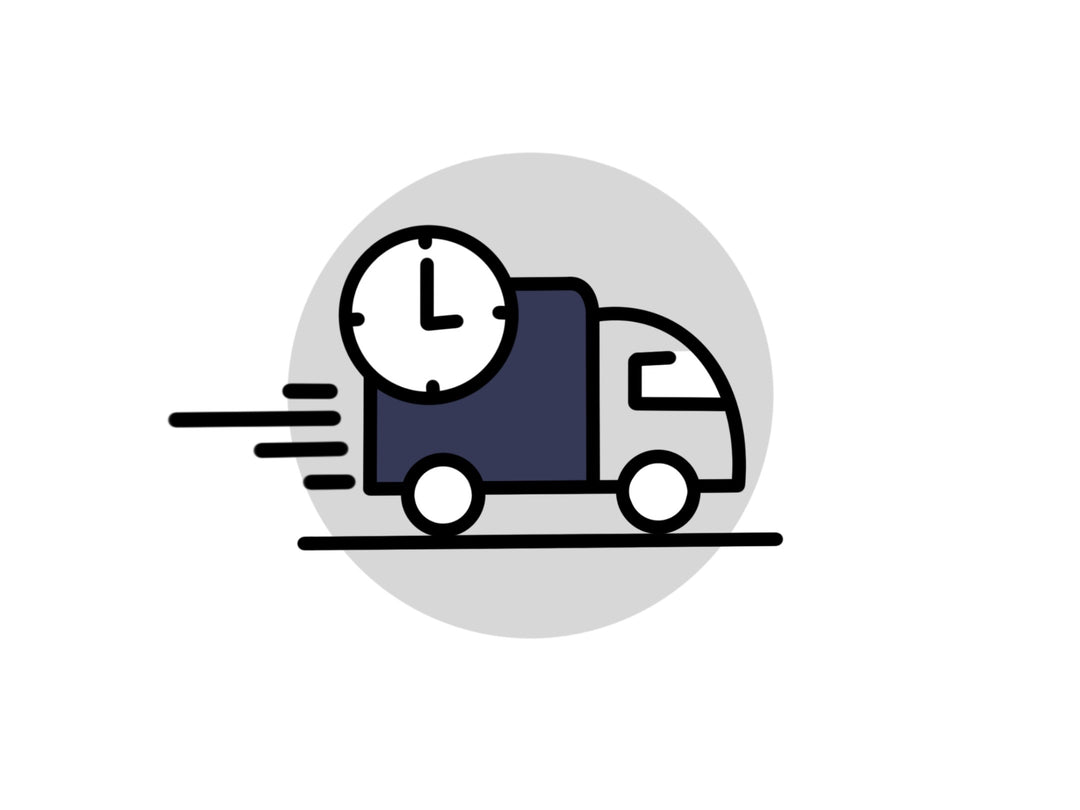Nurturing Movement and Coordination: Montessori-Based Gross Motor Activities for Children

Physical activity, coordination, and movement are essential aspects of a child's development, contributing to increased confidence, better health, and an active lifestyle. Montessori-based gross motor activities provide children with age-appropriate, engaging opportunities to develop strength, coordination, balance, and spatial awareness. Parents, caregivers, and educators can incorporate these activities into daily routines and craft learning environments that support the healthy development of movement and coordination.
In this article, we will examine the benefits of Montessori-based gross motor activities for children and showcase a variety of fun, engaging activities adapted to different age groups. We will also share practical tips for implementing these activities in both indoor and outdoor environments and provide guidance for adapting activities based on individual abilities and needs.
Embrace the Montessori approach to physical activity and gross motor development to create an active and engaging learning experience for children (CTA).
Nurturing Movement and Coordination: Montessori-Based Gross Motor Activities for Children
Montessori-based gross motor activities provide children with engaging opportunities to develop strength, coordination, balance, and spatial awareness, contributing to an active lifestyle and healthy development. In this article, we will explore the importance of gross motor activities in Montessori education, showcase a variety of activities suited to different age groups, and provide tips for implementing these activities in a variety of settings. Let's dive into how Montessori-based gross motor activities can benefit your child's overall growth and development.
Importance of Gross Motor Activities in Montessori Education
Gross motor activities play a crucial role in Montessori education, as they offer numerous developmental benefits for children, including:
- Physical Health: Regular physical activity helps children maintain a healthy body weight, improves muscular strength and flexibility, and supports cardiovascular health.
- Cognitive Development: Movement and physical activity have been shown to boost cognitive development, enhance concentration, and improve memory and learning.
- Social Skills: Gross motor activities often involve group play and teamwork, fostering social skills, cooperation, and communication.
- Emotional Well-being: Physical movement can promote emotional well-being, as it helps release stress, enhances self-esteem, and creates an overall positive outlook on life.
Montessori-Based Gross Motor Activities for Preschoolers: Building Balance and Coordination
Preschool-aged children benefit from activities that focus on developing balance, coordination, and spatial awareness:
- Balancing Walk: Set up a balance beam or create a line with tape on the floor, encouraging children to walk along it while maintaining balance.
- Obstacle Courses: Design age-appropriate obstacle courses with pillows, tunnels, and cones, where children can crawl, jump, and climb.
- Bean Bag Toss: Create a simple bean bag toss game with targets such as hula hoops or buckets, helping children develop hand-eye coordination and aim.
- Animal Movements: Encourage children to imitate animal movements such as hopping like a frog, slithering like a snake, and galloping like a horse.
Montessori-Based Gross Motor Activities for Elementary-Aged Children: Fostering Strength and Endurance
Elementary-aged children benefit from activities that help build strength, endurance, and physical confidence:
- Group Games: Introduce group games such as soccer, basketball, or relay races, which motivate children to participate and collaborate.
- Parachute Play: Use a parachute or large sheet to play cooperative games, encouraging children to work together to make the parachute wave, lift, and lower.
- Yoga and Stretching: Incorporate yoga and stretching exercises to improve flexibility, balance, and muscular strength.
- Nature Hikes: Promote outdoor exploration by organizing nature hikes and scavenger hunts, allowing children to engage with their environment while moving and exercising.
Adapting Activities to Suit Individual Abilities and Needs
To ensure that Montessori-based gross motor activities are accessible and enjoyable for all children, consider adapting activities based on individual abilities and needs:
- Modify Activities: Modify activities to accommodate children with different physical abilities, offering support and alternative options as needed.
- Encourage Peer Support: Foster a caring and supportive atmosphere among peers, encouraging children to help one another during activities.
- Provide Clear Instructions: Offer clear step-by-step instructions and visual demonstrations to accommodate various learning styles and abilities.
- Regularly Adjust Activities: Regularly assess and adjust activities to keep them age-appropriate, challenging, and engaging for children, catering to their needs as they develop over time.
Implementing Montessori Gross Motor Activities in Indoor and Outdoor Environments
Parents, caregivers, and educators can implement Montessori-based gross motor activities in both indoor and outdoor settings:
- Indoor Spaces: Ensure indoor spaces are safe and spacious, providing adequate room for movement and minimizing potential hazards.
- Outdoor Areas: Utilize outdoor play areas, parks, and nature trails to offer diverse activities that incorporate natural surroundings and changing environments.
- Rotating Activities: Establish a rotation of indoor and outdoor gross motor activities, exposing children to a variety of experiences and environments.
- Safe, Organized Environments: Provide safe and organized environments where children can access materials and equipment as needed and participate in activities independently or in groups.
Conclusion:
Montessori-based gross motor activities offer invaluable opportunities for children to develop strength, coordination, balance, and spatial awareness, contributing to a healthy, active lifestyle. By incorporating a variety of age-appropriate activities into their daily routines and creating safe and engaging environments, parents, caregivers, and educators can support the holistic development of children and foster a love for physical activity. Embrace the Montessori approach to movement and coordination by getting a baby support pillow to provide an active and engaging learning experience for your child. Check out our selection of pillows only at The Topponcino Company.












